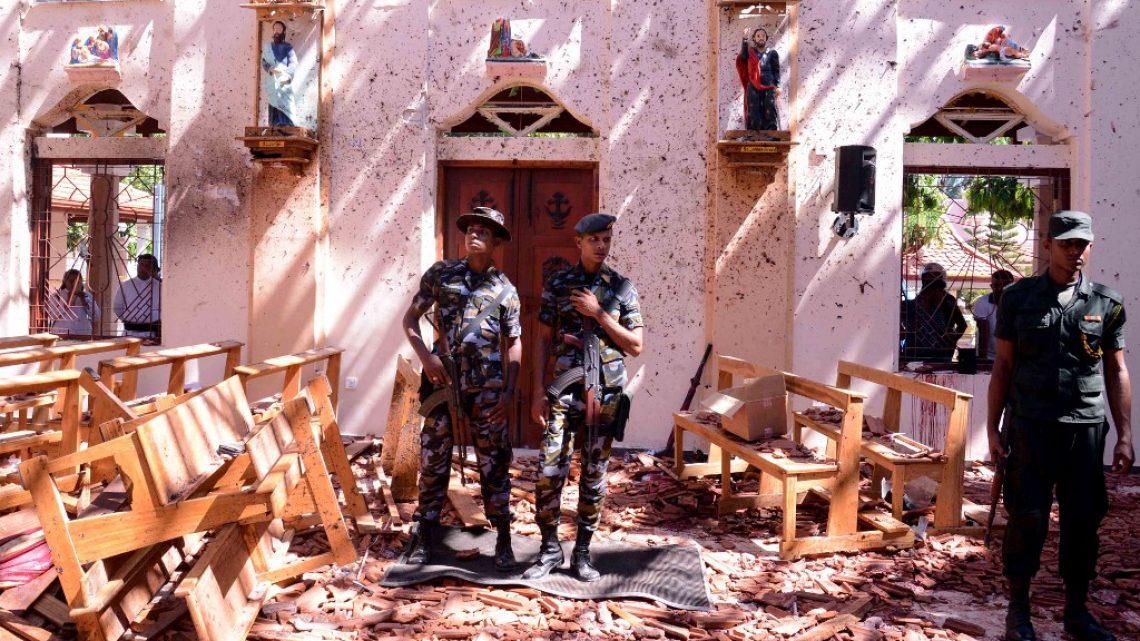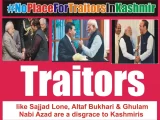
Indian Intelligence Involvement in Easter Sunday Attacks Stir Controversy in Sri Lanka
April 5, 2024Former Sri Lankan President Maithripala Sirisena’s recent statement in Kandy has ignited a storm of controversy, suggesting the involvement of Indian intelligence services in the Easter Sunday attacks. Following his remarks, Sirisena was summoned by the Criminal Investigation Department to provide a formal statement regarding his claims. In his testimony, Sirisena asserted that he possesses evidence implicating Indian intelligence agencies in the orchestration of the tragic Easter Sunday bombings. However, he indicated that the evidence could only be disclosed in a court of law.
Sirisena’s startling assertion alleges a deep-seated political motive behind the Easter Sunday attacks, which occurred during a crucial period leading up to Sri Lanka’s elections. He contends that the attack was meticulously planned by intelligence operatives with a vested interest in manipulating Sri Lanka’s political landscape. As the Defense Department grapples with the gravity of these allegations, deliberations are underway regarding the potential initiation of an investigation involving former intelligence and military officials of Sri Lanka.
The Attorney General swiftly received Sirisena’s statement and has commenced an assessment of its legal implications. The assertion made by the former President has thrust the Easter Sunday attacks back into the spotlight, reopening wounds that remain raw in the collective memory of the Sri Lankan populace.
However, these allegations have not been without skepticism and pushback. Critics question the timing and veracity of Sirisena’s claims, suggesting potential political motivations behind his statements. Furthermore, accusations of external interference in Sri Lanka’s affairs have historically been met with scrutiny and diplomatic tensions.
The implications of Sirisena’s allegations extend beyond the confines of Sri Lanka’s borders, with potential ramifications for regional relations. Accusations of state-sponsored terrorism and covert operations carry significant diplomatic weight and can strain intergovernmental ties.
In light of these developments, calls for a thorough and impartial investigation into the Easter Sunday attacks have grown louder. Transparency and accountability are paramount in uncovering the truth behind this tragic event and ensuring justice for the victims and their families.
As Sri Lanka contends with the aftermath of the Easter Sunday attacks, the emergence of allegations implicating Indian intelligence services adds a new layer of complexity to an already tumultuous chapter in the nation’s history. The path forward demands careful navigation and a commitment to upholding the rule of law and preserving the integrity of Sri Lanka’s democratic institutions.

